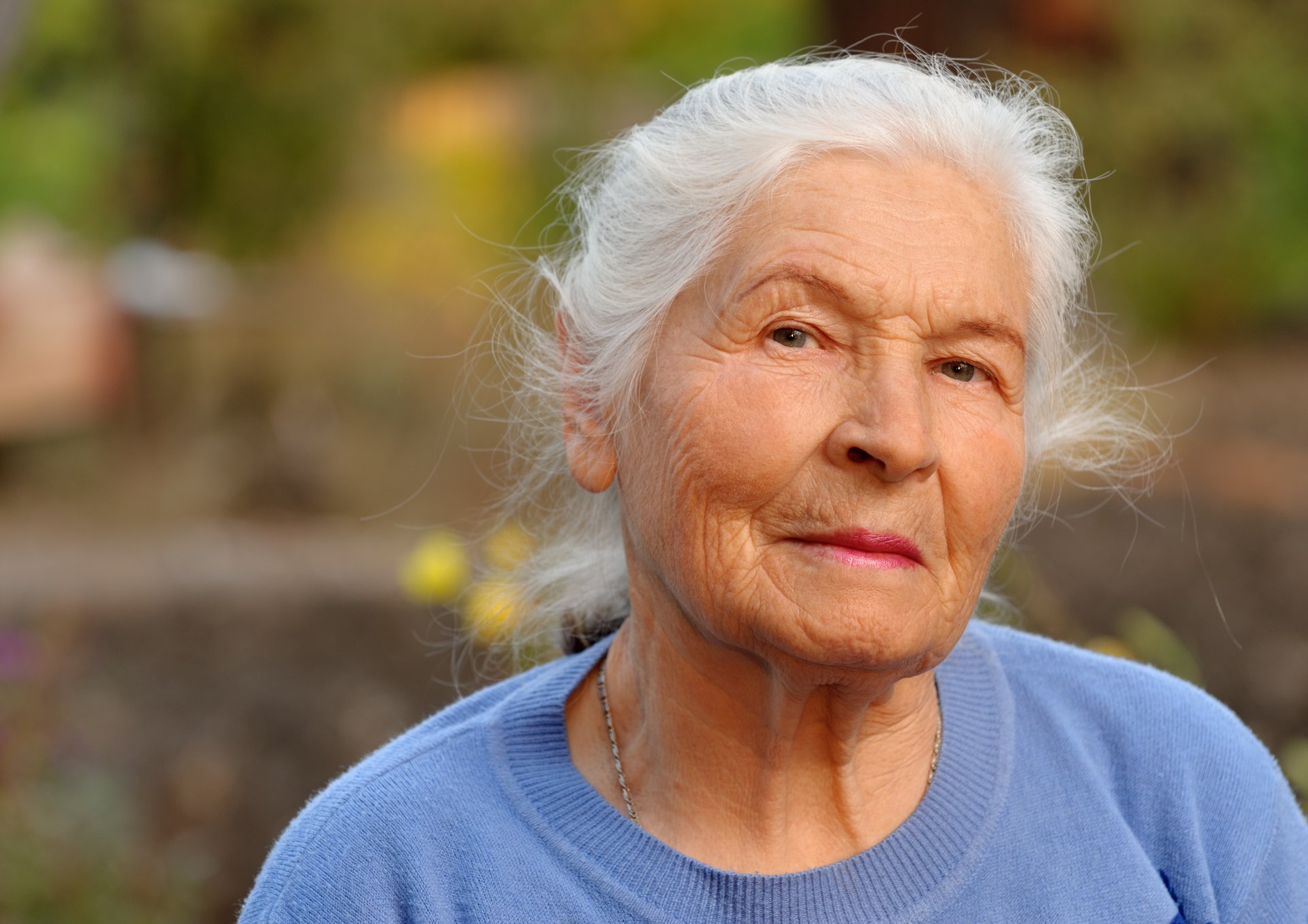
Welcome to “Social Security Q&A.” You ask a Social Security question, and our guest expert provides the answer.
You can learn how to ask a question of your own below. And if you would like a personalized report detailing your optimal Social Security claiming strategy, click here. Check it out: It doesn’t cost much and could result in receiving thousands of dollars more in benefits over your lifetime.
This week’s question comes from Kathy:
I have a question about widow’s benefits. My husband of 37 years recently passed away at the age of 92. He had retired and claimed Social Security benefits at age 62. I am 68 years old and drawing my own benefit, which is less than his. I would like to know what percentage of his benefits I am eligible to receive. Would it be equivalent to his current amount, or a percentage of what his benefit would have been if he had retired at full retirement age? I called Social Security for information, and was told I can’t get a telephone appointment for almost two months.
How the RIB LIM rule impacts benefits
Kathy, let me state first that I understand your frustration over the long wait to get a telephone appointment with a Social Security representative. Many local offices are simply understaffed, which creates long delays in getting information or applying for benefits. Unfortunately, I do not foresee any improvement in this troublesome situation. Often, you can avoid these delays by getting professional help.
Now, let’s turn to your question about widow’s benefits. You indicated that your benefits were less than your deceased husband’s benefits. With one exception, your widow’s benefit would be the actual amount that your deceased husband was receiving. So, you should obviously switch from your own benefits to widow’s benefits as soon as possible.
You can get retroactive benefits going back six months, or to the month your husband died, whichever is the shorter time period.
The exception mentioned above is cryptically called the RIB LIM rule. It establishes a floor for widow’s benefits at 82.5 percent of the deceased spouse’s primary insurance amount (PIA), where the PIA is the benefit at a person’s full retirement age.
Given your deceased husband’s age, his full retirement age (FRA) was 65. So, by claiming benefits at 62, he was receiving 80 percent of his PIA. Consequently, the RIB LIM rule applies to you. Your widow’s benefit will be 82.5 percent of your husband’s PIA. For example, if your husband’s monthly benefit was $800, his implied PIA was $1,000. Thus, your widow’s benefit would be $825 a month.
Notably, the RIB LIM rule plays a larger role for those with FRAs greater than 65. Currently, most new Social Security claimants have an FRA of 66. Their benefit, if they claim at 62, is 75 percent of their PIA. The FRA for those born in 1960 or later is 67, so claiming at 62 gets them 70 percent of their PIA. Clearly, the 82.5 percent floor for widow’s benefits becomes much more relevant as a rising FRA increases early claiming penalties.
Got a question you’d like answered?
You can ask a question simply by hitting “reply” to our email newsletter, just as you would with any email in your inbox. If you’re not subscribed, fix that right now by clicking here. It’s free, only takes a few seconds, and will get you valuable information every day!
The questions I’m likeliest to answer are those that will interest other readers. So, it’s better not to ask for super-specific advice that applies only to you.
About me
I hold a doctorate in economics from the University of Wisconsin and taught economics at the University of Delaware for many years. In 2009, I co-founded SocialSecurityChoices.com, an internet company that provides advice on Social Security claiming decisions. You can learn more about that by clicking here.
Got any words of wisdom you can offer on today’s question? Share your knowledge and experiences on our Facebook page. And if you find this information useful, please share it!
Disclaimer: We strive to provide accurate information with regard to the subject matter covered. It is offered with the understanding that we are not offering legal, accounting, investment or other professional advice or services, and that the SSA alone makes all final determinations on your eligibility for benefits and the benefit amounts. Our advice on claiming strategies does not comprise a comprehensive financial plan. You should consult with your financial adviser regarding your individual situation.





Add a Comment
Our Policy: We welcome relevant and respectful comments in order to foster healthy and informative discussions. All other comments may be removed. Comments with links are automatically held for moderation.